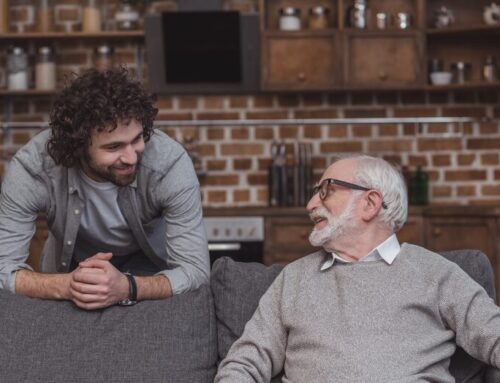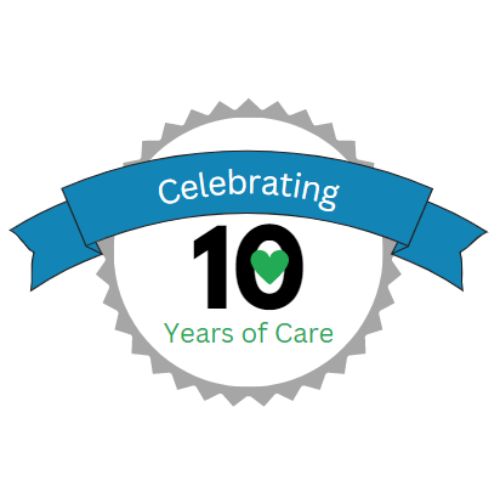Losing a loved one is one of the most difficult things that anyone can experience. It is especially difficult when the person who passed doubled as your caretaker, such as a spouse or a sibling. Coping with the loss is a deeply personal experience that is different for each individual. Still, there are some basic steps to the grieving process that are similar for everybody. Knowing how to navigate these steps during this emotional time can help you to work through your grief and, eventually, heal from it.
Allowing the Mourning Process
Mourning the passing of a loved one is an experience that is unique to everybody. There are many people who follow the Kubler-Ross method of grieving, outlined as denial, anger, bargaining, depression and, finally, acceptance. However, this is not the only way to mourn. Every individual person has their own way of coping— there is no right or wrong way. It’s also important to keep in mind that there is no set time limit on mourning. Whether it’s six months or six years, you are entitled to mourn however you see fit.
Allowing Yourself to Feel Certain Feelings
Losing a loved one can bring about more emotions aside from what’s outlined in the Kubler-Ross method. You may not feel anger or the need to bargain. You may not even feel depressed, but instead feel anxious about your own mortality. Sometimes you may even feel “crazy” by not feeling certain things or by experiencing several conflicting emotions at once. This is completely normal for anyone who is grieving a loss. Just remember that how you process losing a loved one is an experience specific only to you. Again, there is no right or wrong way to feel about it.
Getting Support from Your Family and Friends
This is perhaps one of the most important steps that you can take while you mourn the loss of a loved one. When we lose someone important to us, we might react by closing ourselves off from the world— and from other loved ones. While there is absolutely nothing wrong with wanting to be alone for part of your grieving process, it’s important to remember that getting support from others will help you more than isolation will. Opening up to others will also help them, too, if it was also their loved one who passed. Everyone needs a support group of sorts after losing a loved one. The people you turn to for support can be family, friends, neighbors, your community or the church.
Accepting the Loss of Your Loved One
Whether this is the first or last step for you in your grieving process, accepting the loss of your loved one is imperative to your healing. Acceptance does not necessarily mean you will be completely at peace. Rather, it simply means that you’ve recognized and overcome your knee-jerk sense of denial over losing a loved one. By doing things like attending the funeral, being present at the burial, visiting the grave site and talking about him or her with others who support you, you can accept the loss and begin to heal from there.
Moving Forward
The pain of losing a loved one is something that can’t be bottled up. You have to allow yourself to cope in whatever healthy ways you see fit. Then, eventually, there will come a time when you can contently continue your life in fond remembrance of your loved one. Working through the mourning process is never easy, but you can move forward and embrace life even when your loved one is no longer (physically) with you.
Working Through Losing a Loved One with Help from Florida First
Losing a loved one is one of the hardest times in your life. Working through it all can be difficult, but remember that how you grieve isn’t right or wrong; it’s just your way of coping. Everyone responds differently to losing a loved one. And no one is alone in it. At Florida First Senior Home Care, the caregivers we recommend are not only highly qualified as nurses and companions but may be sensitive to the emotional needs of their elders. If you or someone you know has recently suffered a loss and needs a companion to help throughout the mourning process, please call us at 561-771-5980.







